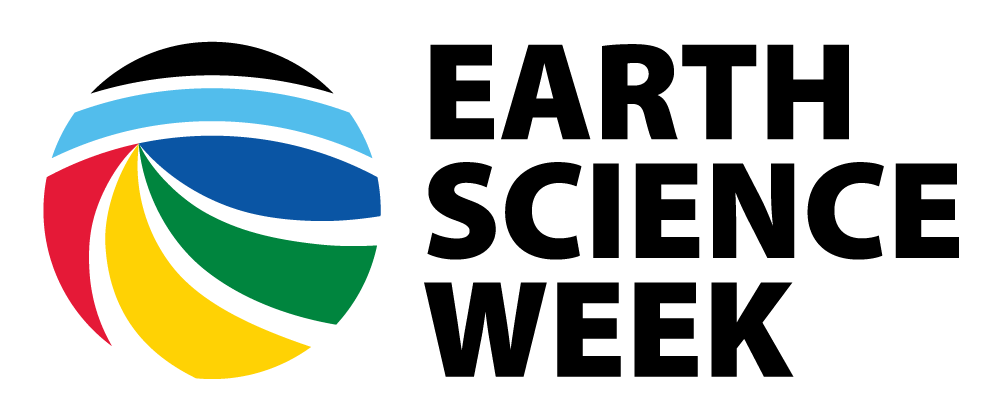2023 Essay Contest Winner
Entry by Donovan Fish
Geoscience, a field blending earth sciences and technology, has witnessed remarkable innovations in recent years, revolutionizing problem-solving across various domains. One such breakthrough is remote sensing technology, enabling the study of Earth’s surface from afar. Satellites equipped with advanced sensors provide critical data on climate change, deforestation, and natural disasters. This information aids in proactive disaster management, resource planning, and environmental conservation.
Moreover, the development of Geographic Information Systems (GIS) has significantly impacted geoscience. GIS integrates diverse spatial data, allowing for comprehensive analysis and visualization. It’s instrumental in urban planning, disaster response, and environmental monitoring, fostering informed decision-making and sustainable practices.
Advancements in seismology have led to improved earthquake detection and prediction. Enhanced seismic sensors and real-time data analysis help assess seismic risks, allowing for better preparedness and mitigating potential devastation. Geothermal energy, another frontier, taps into Earth’s heat for sustainable power generation, reducing reliance on fossil fuels and minimizing greenhouse gas emissions.
In the realm of oceanography, autonomous underwater vehicles (AUVs) and remotely operated vehicles (ROVs) have revolutionized deep-sea exploration. These technologies delve into the ocean’s depths, uncovering mysteries and aiding in marine conservation efforts.
Lastly, emerging machine learning applications within geoscience offer predictive models for climate patterns, resource allocation, and hazard assessment. Harnessing big data and artificial intelligence, these models provide valuable insights for addressing global challenges, including climate change and water scarcity.
In conclusion, geoscience innovations, from remote sensing and GIS to seismic advancements and renewable energy solutions, are pivotal in solving critical global problems. They equip us with the tools and knowledge needed to navigate an ever-changing world, fostering sustainability and resilience for future generations.
